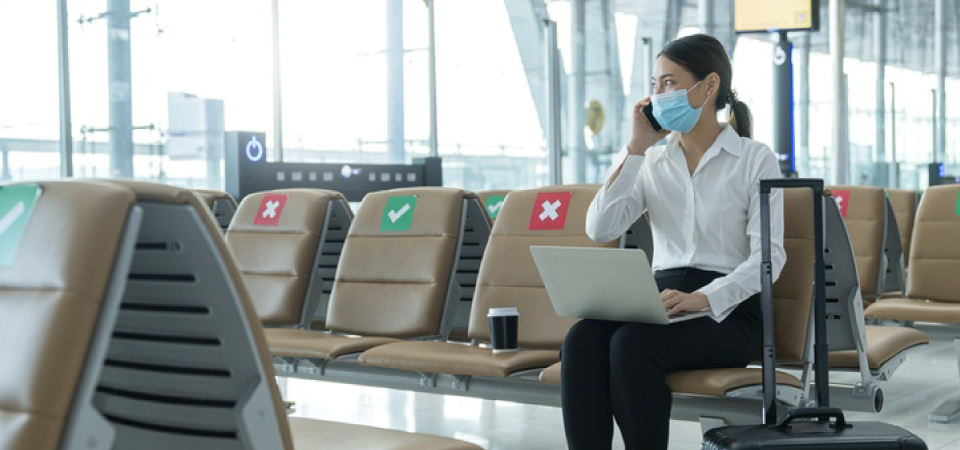
With the COVID-19 pandemic, travel and tourism in the world in a never before seen global health, social and economic emergency, hotels close down, and travel restrictions are imposed in practically all countries around the world. Needless to say this had quite the detrimental impact on the tourism sector globally.
Nation-wide lockdowns have been imposed for more than the past 2 years, the adverse impact on the global economy is immeasurable. One of the major economic sectors in the world is tourism. It is the third largest category of exports and was 7% of global trade in 2019.
It can account for more than 20 percent of the GDP for some countries and, overall, is the world's third largest export sector. In fact, the crash in international tourism due to the coronavirus pandemic could cause a loss of more than $4 trillion to the global GDP for the years 2020 and 2021.
Tourism has an impact on economy, livelihood, public services and opportunity in all continents as part of the pandemic most affected. It has affected all parts of its vast value chain. With the COVID-19 vaccines more marked than in others in some countries, the report states that in the majority of advanced countries tourism losses are reduced but in developing countries they are aggravated. So countries like the United States, France and Germany are relentlessly striving towards the recovery of their respective economies, whereas developing regions like Bangladesh and even it’s neighboring country India are struggling to keep up.
Many of the developing nations in tropical regions were once the hotspots for tourists and travellers from around the world. Be it the beaches of Bali and Maldives, the scrumptious cuisines of India or even the largest mangrove forest, the Sundarbans in Bangladesh, people from every corner of the world would travel thousands of miles to immerse themselves into the beauty of these regions. However, due to the lack of infrastructural development these regions have fallen far behind after their economies took on major hits for 2 consecutive years with no hopes of recovery in sight. Hotel and tourism related businesses were completely shut down as foreign tourists no longer felt safe visiting their once beloved holiday destinations.
The situation worsened so much so that even the prospects of domestic travel were bleak. Most of the countries where the tourism sector suffered immensely belong to developing regions. Needless to say the pandemic had a massive negative impact Local tourists who would otherwise be willing to visit places within the country whenever the travel restrictions were relaxed most people would be struggling to simply make ends meet. Which essentially meant that domestic travel came to a halt for the larger parts of both 2019 as well as 2020.
While it is true that vacation destinations across the world were suffering, the local hotels and restaurants were suffering immense losses, it is very difficult to keep an accurate gauge of the adverse impact of the pandemic on the local people in these cities who earned their livings on a day to day basis every season as tourists would pour in. With travel restrictions looming around, the fate of these families who completely rely on the day to day economic activities resulting from tourist activities is still uncertain.
The global economy is set to lose approximately around $4 billion in 2020 and 2021 in the tourism section as per a report from the United Nations. While business and hotels in more developed regions were provided with stimulus checks to support local businesses, this was rarely the case for their less developed counterparts. Especially in South Asian countries the concept of providing stimulus packages is still somewhat haphazard due to certain infrastructural limitations. Regardless of how the pandemic subsides, the sufferings of these millions of people who are dependent on the tourism sector will always remain as a reminiscence of a foregone nightmare.